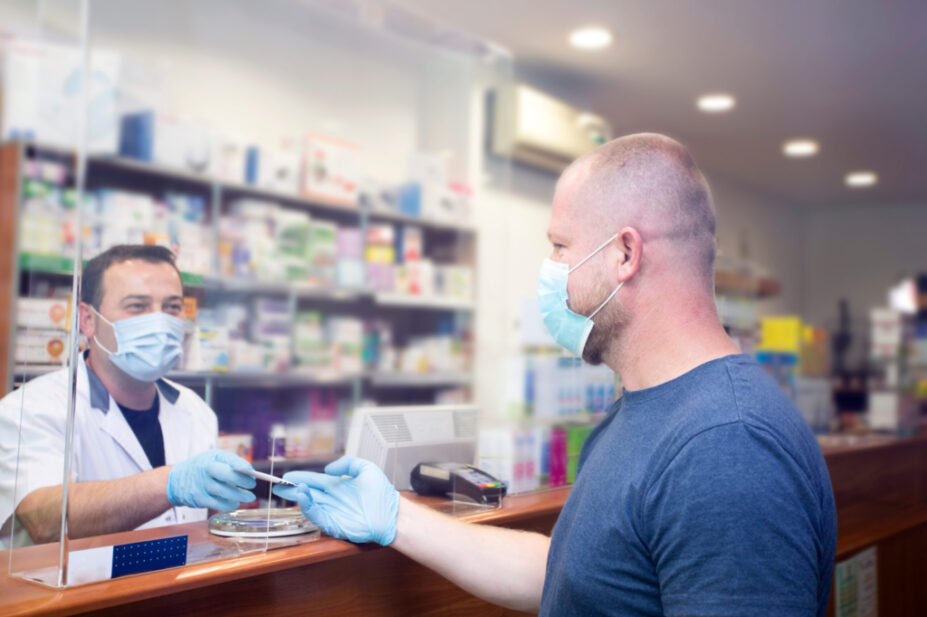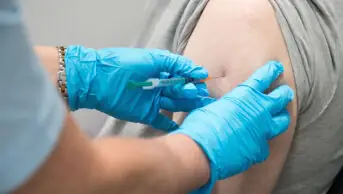
Shutterstock.com
The government has been accused of treating pharmacists with “double standards” in evidence given on behalf of the Royal Pharmaceutical Society (RPS) to the UK COVID-19 inquiry.
Giving evidence on behalf of the RPS, lawyer Brian Stanton said that community pharmacists were, initially, not included in a life assurance scheme for healthcare staff who died from COVID-19 while at work, excluded from a national PPE ordering system, and not included in a visa extension scheme for healthcare staff.
Stanton told the inquiry on 27 September 2023 that it was “hugely disappointing and distressing that the pharmacy profession, and particularly community pharmacy, was often an afterthought in government planning policy and communications”.
He said that the difference in treatment between pharmacists who provide NHS-contracted services and workers directly employed by the NHS “has been a recurring and systemic issue”.
“One of the worst examples of these double standards was the omission of pharmacists from the life assurance scheme announced on 27 April 2020 by the Department of Health and Social Care for the families of frontline health and care workers in England,” he told the inquiry.
“The whole pharmacy profession was shocked and dismayed to learn that community pharmacists would only be considered for the scheme in England in exceptional circumstances.
“It remains unclear how and why this approach was taken by government and although the decision was quickly reversed following representations by the RPS, NPA [National Pharmacy Association] and others, it is sadly a decision that has left a bitter taste within the profession.”
Stanton said that other examples of pharmacists being excluded from government policy initiatives for healthcare staff during the pandemic included the lack of explicit mention of pharmacists in the initial list of key workers set out by the government, “which caused problems for pharmacists around childcare provision, access to supermarkets, and freedom of movement, particularly getting to their place of work”.
“Pharmacists were initially excluded from a national PPE ordering portal, despite frontline pharmacy teams warning that they were unable to maintain safe social distancing, either from colleagues or patients, and they were struggling to source PPE to protect themselves, their patients and their families,” he said.
“And, in March 2020, the Home Office announced that doctors, nurses and paramedics would have their visas extended free of charge by one year as part of the national effort to combat COVID-19; however, this was not initially the case for pharmacists and preregistration pharmacists and it required action again by the RPS, BPSA [British Pharmaceutical Students’ Association] and others before government changed course.”
The UK COVID-19 inquiry is divided into six modules, and the RPS’s evidence was provided as part of module 3 of the investigation, which is assessing the impact of the pandemic on healthcare systems in the four UK countries.


